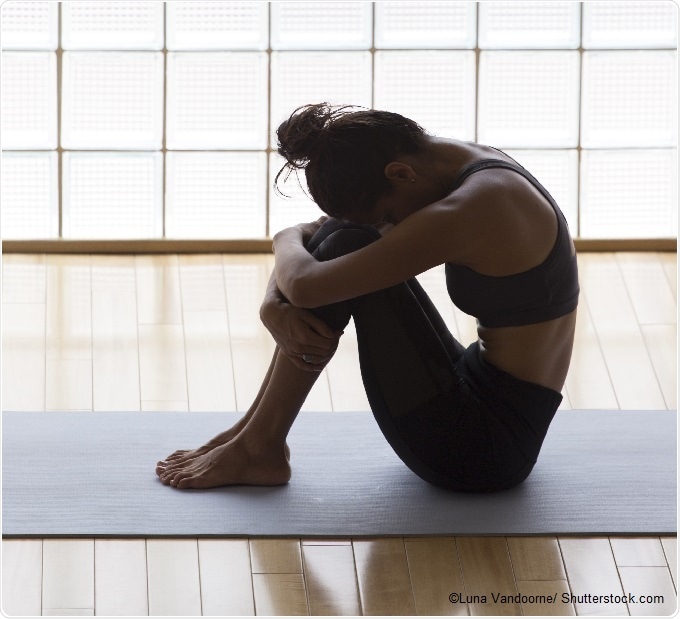Our main findings showed that high-performance athletes were just as likely as non-athletes to report mild or more severe depressive symptoms.
Their narrative review didn’t aggregate the results of multiple studies, which is what made our meta-analysis unique.
What surprised us was that when we conducted our subgroup analyses by sex, elite athletes and non-athletes had similar prevalence rates of depressive symptoms, with women being twice as likely as men to report symptoms.
Our results showed that women are at considerable risk of depressive symptoms.
What are some of the main reasons why elite athletes may suffer from depression?
Elite athletes are under a considerable amount of stress with a need to perform well consistently. They are often scrutinized by the public, both for their professional conduct and what they do in their private lives.
Elite athletes also have a number of demands placed upon them, including training regimens, getting along with coaches and team members, dealing with risks of injury and recovery, as well as aspects surrounding retirement, both expected and unexpected, and a lose of sporting identity.

What impact can body image issues have on elite athletes?
Body image can have a tremendous impact on elite athletes. It is often linked with weight pressure put on by coaches and team mates as well as social expectations of having a particular body sizes. It may lead to body dissatisfaction, use of weight loss/gain supplements, and disordered eating or eating disorders.
What more needs to be done to raise awareness of mental health issues in elite athletes?
A great deal of work is needed to help also address the stigma around mental health issues in sport. Athletes, coaches, officials, fans, we all have a role to play to address and eliminate mental illness stigma.
Changing our attitudes toward mental illness and help seeking is important and necessary to ensure those who need help, seek it out.
Did your research find a higher reporting of depressive symptoms by female athletes compared to male athletes? How does this compare to non-athletes?
Yes, and in both elite and non-elite populations. Females were twice as likely to report depressive symptoms than males.
What are the main challenges with self-reported data?
Self-report data can be compromised by people not fully understanding the questionnaires they’re filling in or by social desirability, or people filling in questions in a way that is viewed more favourably.
Which countries was the data taken from and did you see any variation in the findings between geographical regions?
Data was obtained from studies conducted in Germany, Iran, Switzerland, and the USA.
Broadly speaking, prevalence rates appeared to be higher for elite athletes in Germany and Iran than in Switzerland and the USA.
What do you think the future holds for tackling depression in elite and non-athletes?
We need more high quality research that evaluates depressive symptoms in athletes and provides evidence based treatment. Research that helps athletes, coaches, and officials know more about mental health and how to seek help is needed. Developing overall mental health literacy amongst all individuals in sport is key.
Where can readers find more information?
I encourage readers to check out the British Journal of Sports Medicine for the latest high quality mental health research concerning athletes.
About Dr. Paul Gorczynski
I am a Senior Lecturer at the University of Portsmouth. My research explores the impact of physical activity, exercise, and sport on mental health.